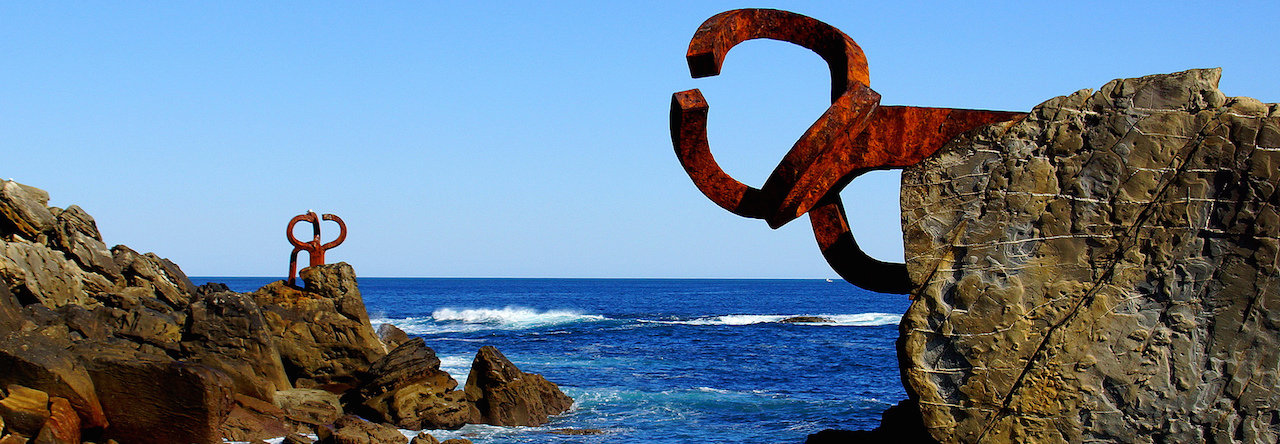
Only two years ago, when the prices of oil rose faster than desired, no body rejected the need to move to other energy sources. Now, another consequence of crisis is a hard decrease in the oil prices and a new state of the art over the question. At this moment, it seems we have forgotten Al Gore’s Inconvenient Truth and we are fixing other priorities: looking for ways of saving in the energy bill and a revival of the economic nationalism also in energy matters. As globalisations is under scrutiny, governments are not very sure if their ‘friends’ in other countries are going to be willing to provide energy resources according to the free market fair-play. The last example of Russia cutting the gaz distribution in Central Europe shows the dangers of not being autonomous.
All these factor are contributing to open a new debate on the energy strategy. The ‘dammed’ nuclear energy is having a new happy life, policy makers are a bit more reluctant to the idea of quit oil dependency and governments are not so enthusiastic over the future of renewable energy. An idea is extending: the current energy mix is not so bad as we thought in the past and we have to take more care of our national resources because the invisible hand is on sabbatical leave.
One French think tank, Institut Montaigne, is leading a hard discussion in his country about the proper balance between the different energy resources. They maintain a controversial thesis: they try to demonstrate that France does not need to change its enrgy public policy in favour of renewable resources, mainly wind energy. They say that as his country has a high development in nuclear energy (a clean and cheap energy accordind to them), it is not necessary to make big investments in renewable sources. Analysts of Institut Montaigne argue in Pour rétablir la vérité sur le coût de l’éolien the renewable model can fit for countries that are not independent in energy terms or that have to reduce contamination, but it is not the case for France.
«En dépit des contre-argumentaires avancés par les professionnels de l’éolien
industriel, l’Institut Montaigne persiste et signe : l’énergie éolienne ne répond pas à
un besoin en France, étant donnée la structure de son parc de production d’électricité,
composé principalement de nucléaire et d’hydraulique, et, donc, particulièrement
sobre en termes d’émissions de CO2. Par ailleurs, la réalisation des objectifs du
Grenelle de l’environnement, à savoir 25 GW d’éolien installé d’ici 2020, se traduirait
par un surcoût pour la société de l’ordre de 2 à 3 milliards d’euros. Le développement
actuel de cette technologie s’explique uniquement par des tarifs d’achat garantis aux
producteurs par l’État sur 15 ans, tarifs particulièrement attractifs, financés par les
consommateurs d’électricité et qui permettent la constitution de « rentes vertes » dont
le bien-fondé est discutable».
This summary exposes correctly the content of the full report, in which the authors respond to the arguments of the French Renewable Energy Association, who was very angry with the first study the Institut Montaigne issued on the matter. I think it is a controversial position, but very effective if we are considering an economic and short term point of view. In crisis times, people take more care of money and pay less attention to other dimensions. I know that the issue faces numerous conflicts of interest. However, this is a good reflection on the future of energy public policies.
